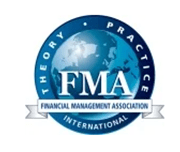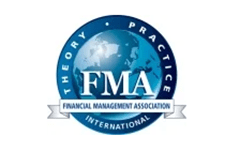Checking registration
Checking registration helps protect you from unqualified or fraudulent individuals. Always check the registration of any person or business trying to sell you an investment or give you investment advice by using the Canadian Securities Administrators’ National Registration Search. Titles like financial advisor, financial planner, investment consultant, and investment specialist aren’t legally defined terms or official registration categories. Some advisers or dealers may have designations that allow them to use specific titles, such as Certified Financial Planner (CFP), Chartered Professional Accountant (CPA) or Chartered Financial Analyst (CFA). Checking registration tells you what specific products and services they are (and aren’t) qualified to offer you, regardless of title.














